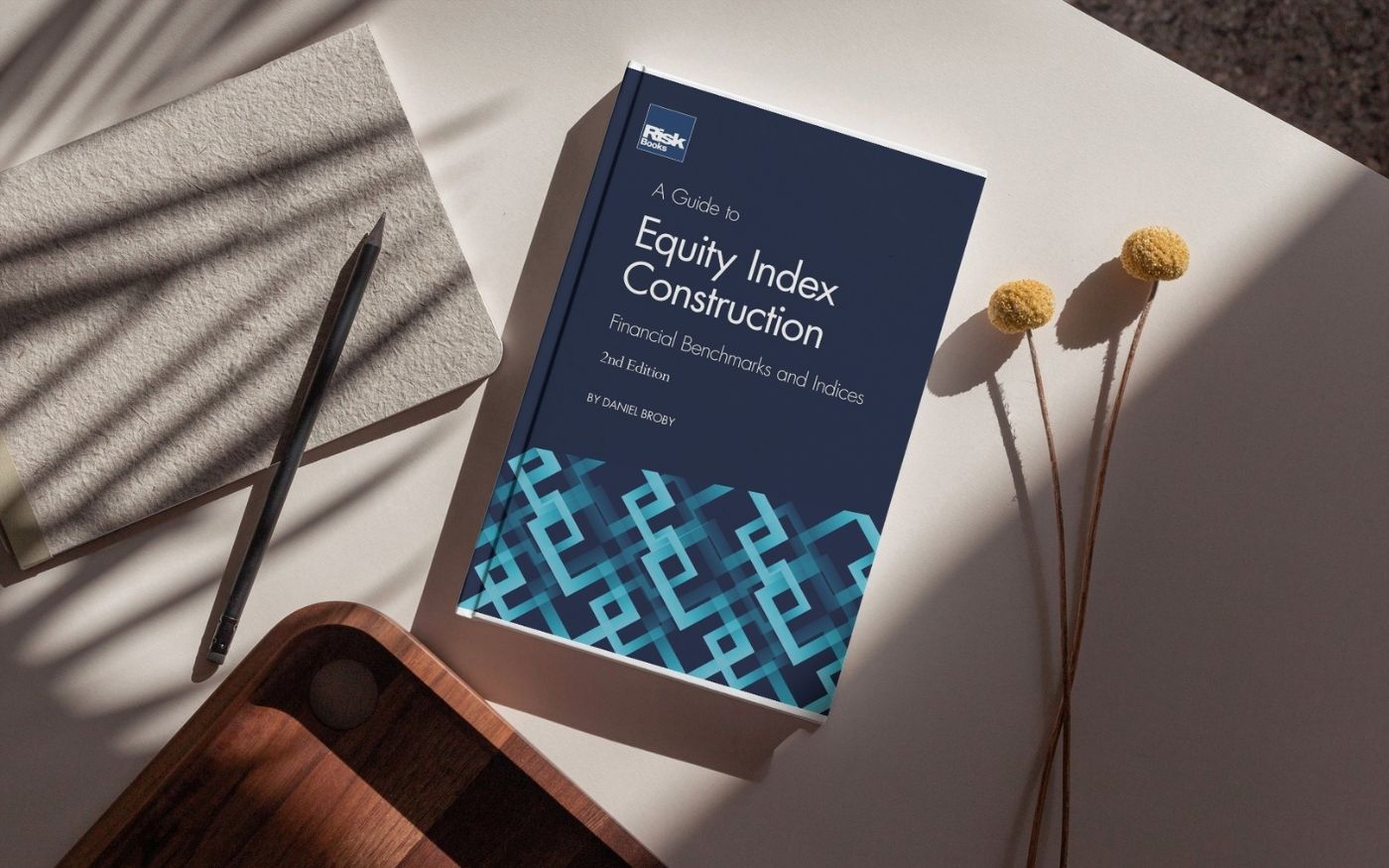Research by: Jhasty Marie Z. Ramizares, Ladine Abygael D. C. David, Phoebe Cates A. Acuesta, Molly B. Mejia, Ardvin Kester S. Ong, John Francis T. Diaz & Pauline C. Dangaran
EXECUTIVE SUMMARY
Active people in tropical climates risk heatstroke due to high temperatures and humidity (Duong et al., 2017). To which, cooling water, typically in canteen bottles or insulated water flasks, is essential to prevent dehydration, replace lost fluids, and mitigate heat injuries. An insulated water flask, which has different types as branded such as thermoflask, aquaflask, hydroflask and vacuum flask, is on the rise in the market. These are portable containers that are intended to maintain the beverages’ temperature steadily throughout time. Therefore, insulated water flasks have many advantages such as environmental benefits, temperature retention, portability, and durability. In response to these environmental challenges, an increasing number of individuals are adopting sustainable development practices and embracing green initiatives to protect the planet.
With businesses trying to meet market demands, compete in related and existing businesses, as well as develop strategies, establishing brand equity and decoy effect may not holistically encompass the solution to the problems. This study aimed to fill this knowledge gap by providing a thorough examination of whether the decoy effect, brand equity, consumer behavior, and marketing mix could be an effective approach to incentivize consumers to make environmentally conscious purchasing choices. Through the use of structural equation modeling, a holistic approach on the measurement was created.
Findings analyzed using higher-order partial least square structural equation modeling with SMART PLS v3.0, revealed that both the marketing mix and the decoy effect significantly influenced actual purchase behavior. Promotion has the most substantial impact within the marketing mix factors while price has the least effect, suggesting that consumers are willing to invest in reusable insulated water flasks due to long-term savings and benefits. Additionally, attitude significantly influences purchasing intentions, highlighting consumers’ role in decision-making. The study underscored the importance of individual attitudes and perceived behavioral control in driving purchasing decisions
The outcome of this study could help determine whether the decoy effect can influence consumers toward sustainable behavioral intentions. It could be suggested that despite the potentially higher cost, consumers are willing to invest in reusable insulated water flasks due to their long-term savings and the advantages of insulation and portability. Although the marketing mix did not directly affect behavioral purchase intentions, the decoy effect emerged as one of the most important elements in shaping consumer purchase intentions. Brands that leverage the decoy effect can effectively stimulate impulsive buying behavior. Furthermore, the study demonstrated that purchase intention was significantly influenced by brand equity, which in turn led to actual purchases. Interestingly, it was discovered that buying intention was not significantly impacted by the subjective norm, suggesting that individuals’ decisions to buy insulated water flasks are not influenced by social factors. Instead, the study highlights the importance of individual attitudes and perceived behavioral control in driving purchasing decisions. Proper advertisement and sales promotions were identified as important factors customers consider when purchasing insulated water flasks. Additionally, industries can benefit from incorporating marketing strategies like the decoy effect to engage consumers and encourage continued purchases of insulated water flasks.
To cite this article: Ramizares, J. M. Z., David, L. A. D. C., Acuesta, P. C. A., Mejia, M. B., Ong, A. K. S., Diaz, J. F. T., & Dangaran, P. C. (2024). The role of brand equity and decoy effect on actual purchase of insulated water flasks. Cogent Business & Management, 11(1). https://doi.org/10.1080/23311975.2024.2422560
To access this article: https://doi.org/10.1080/23311975.2024.2422560
About the Journal
Cogent Business & Management is a multidisciplinary Open Access Journal that strives for inclusivity and global reach. The broad scope of the Journal creates a perfect environment to foster connections between researchers across all areas of Business & Management research, from Operations Research to Corporate Governance and Accounting to Marketing.
Journal ranking
| Chartered Association of Business Schools Academic Journal Guide 2024 | ABS1 |
| Scimago Journal & Country Rank | SJR h-index: 44 | SJR 2023: 0.57 |
| Scopus | CiteScore 2023: 4.4 |
| Australian Business Deans Council Journal List | NA |
| Journal Citation Reports (Clarivate) | JCI 2023: 0.57 |





